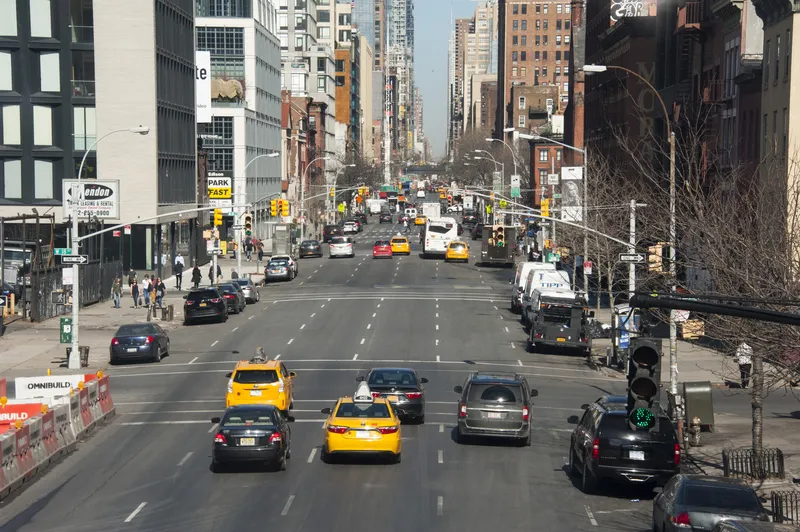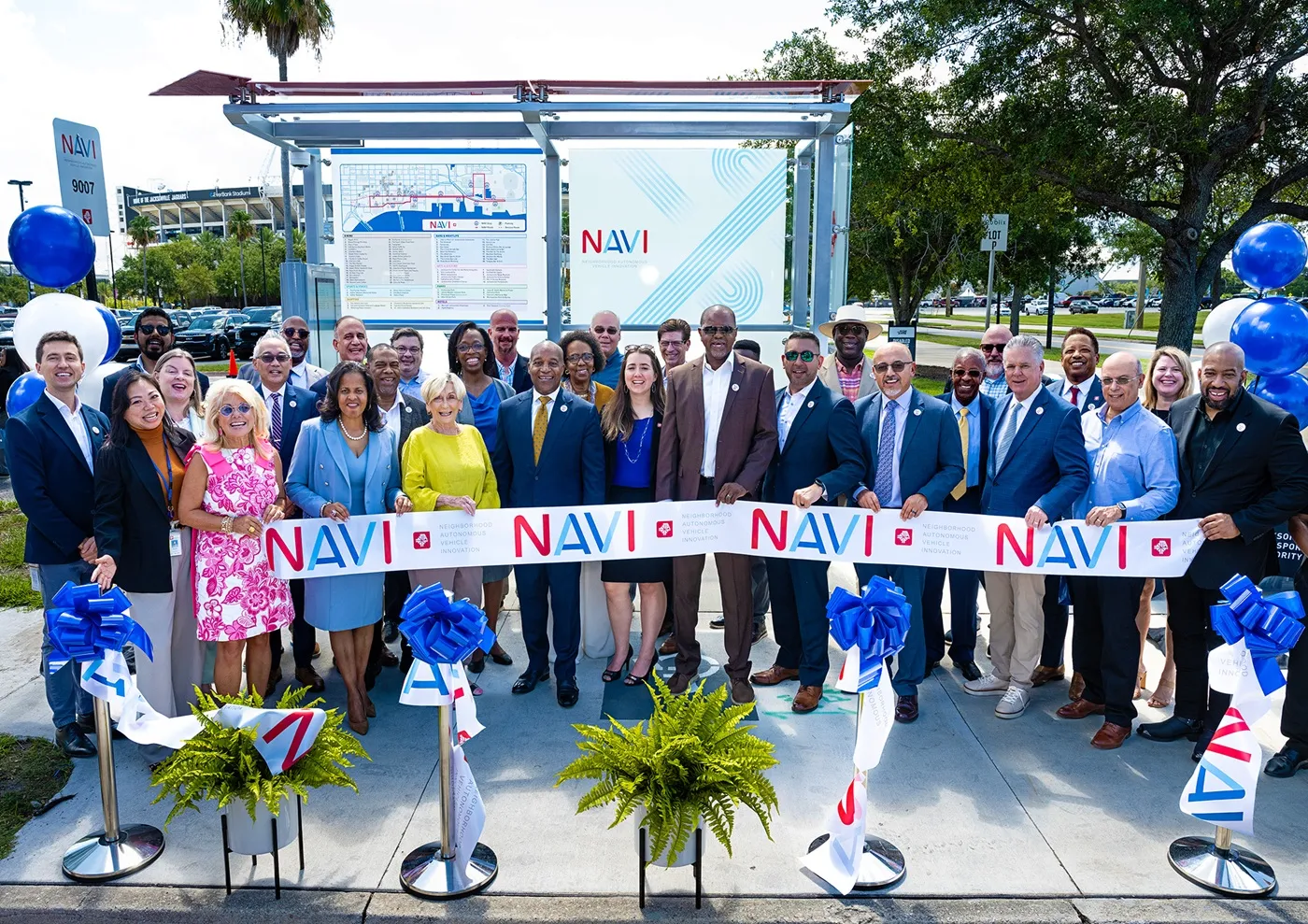A week of tolling in US city shows fall in traffic to lower Manhattan
By Adam Hill
January 14, 2025
Read time: 1 min

After a week of operation, New York City's congestion charge has led to a fall in the number of cars entering lower Manhattan.
According to the city's Metropolitan Transportation Authority (MTA), 273,000 fewer vehicles entered Manhattan below 60 Street from Monday to Friday last week.
It costs $9 per day for drivers of most vehicles to enter the so-called Congestion Relief Zone.
"Drivers are saving time travelling in and to Manhattan," says MTA. "Morning commuters benefited the most from free-flowing bridges and tunnels. Bus riders' commutes have also improved. Overall, local and express buses are moving faster, especially in the morning commute."









